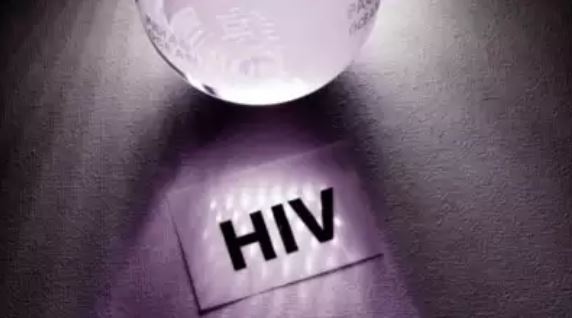Lifestyle
Here’s all you need to know about AIDS

AIDS is a later severe stage of infection caused by human immunodeficiency virus (HIV), which can be transmitted through various means.
Unprotected sexual intercourse with an infected person is a significant mode of transmission. Sharing needles during drug use or accidental exposure to infected blood, such as through transfusions with contaminated blood, are additional pathways. Furthermore, HIV can be transmitted from an infected mother to her child during childbirth or breastfeeding, tattoo exposure, or men having sex with men.
Prevention of AIDS is a multi-faceted approach, with Prevention and Protection as pillars. Awareness and education about Safe sex practices, and reinforcement of safe methods significantly reduce the risk of sexual transmission. In suspicious cases, early detection and intervention is a key. For individuals at high risk, pre-exposure prophylaxis (PrEP) offers an additional layer of protection. Avoiding sharing needles and ensuring the safety of blood products through rigorous screening processes are vital in preventing HIV transmission through drug use or medical procedures.
Education is a powerful tool in preventing mother-to-child transmission. Pregnant women with HIV with complete and continued adherence to antiretroviral drugs reduce the risk of passing the virus to their babies. With an undetectable viral load, breastfeed and prophylaxis at birth is safe to avoid transmission.
Integrated large-scale government-aided efforts are crucial in combating the AIDS epidemic. Initiatives like the Joint United Nations Programme on HIV/AIDS (UNAIDS) work towards global awareness, prevention, and treatment. Access to affordable antiretroviral therapy is vital, ensuring that individuals diagnosed with HIV can lead fulfilling lives while managing their condition.
A comprehensive understanding of AIDS encompasses knowledge about its transmission and preventive measures. By embracing safe practices, promoting education, and supporting global initiatives, societies can work together to reduce the prevalence of HIV/AIDS and create a healthier future






